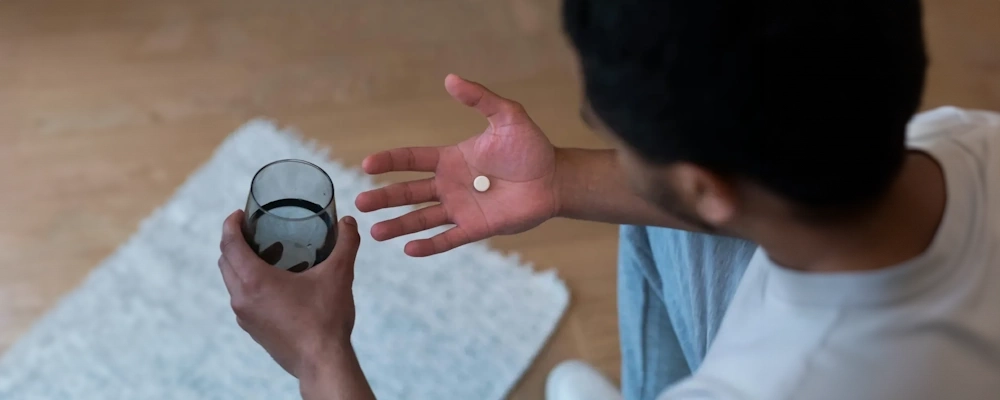UTI Treatment available at select NSW stores only
About the NSW Pharmacy Trial
Starting on July 31, 2023, the NSW Pharmacy Trial will enable over a thousand participating pharmacies to offer treatment for uncomplicated urinary tract infections (UTIs) in women between the ages of 18 and 65, inclusive. If you meet the following criteria, you are eligible for UTI treatment at a participating pharmacy: being female, aged between 18 to 65 years (inclusive), and displaying symptoms consistent with an uncomplicated UTI. These symptoms may encompass a burning or stinging sensation during urination, as well as a frequent or urgent need to urinate.
What is a Urinary Tract Infection (UTI)?
A urinary tract infection (UTI) is a bacterial infection that can affect various parts of the urinary system. The urinary system comprises a pair of kidneys and two tubes known as ureters, which connect the kidneys to the bladder. The bladder further connects to an additional tube called the urethra, responsible for expelling urine from the body.
These infections predominantly manifest in the bladder, referred to as cystitis, but can also target the urethra (urethritis), the kidneys (pyelonephritis), or even a combination of these areas.
When infections affect the kidneys, it is crucial to seek evaluation from a medical professional such as a doctor or nurse practitioner.
What are the signs and symptoms of a UTI?
Individuals with urinary tract infections (UTIs) may find themselves passing only small amounts of urine while experiencing frequent urges to urinate. Even after urinating, they might continue to sense a lingering fullness in the bladder. Symptoms can extend to feeling unwell with possible nausea and fever, and in older adults, confusion might arise. Physical discomfort can manifest as pain, stinging, or a burning sensation during urination, and urine might appear smelly, cloudy, dark, or contain blood. Pain might also be felt in the lower back or sides, along with general discomfort in the lower abdomen. In children, UTI signs can encompass irritability, bedwetting (even in those who have been toilet trained), and feeding problems in infants.
What are the different types of UTIs?
UTIs come in different types based on where they occur in the urinary system:
Cystitis: Affects the bladder, causing frequent urges to urinate, pain, and cloudy or bloody urine.
Urethritis: Infection of the urethra, leading to burning during urination and a constant urge to urinate.
Pyelonephritis: Targets the kidneys, causing high fever, back pain, nausea, and vomiting.
Asymptomatic Bacteriuria: Bacteria in urine without symptoms, often requiring no treatment.
Recurrent UTIs: Frequent infections, needing further investigation and prevention strategies.
The type determines the symptoms and required treatment.
What causes a UTI?
UTIs occur when bacteria enter the body via the urethra. Due to the shorter female urethra and the proximity of the vagina to the anus, where bacteria reside, women face a greater susceptibility to UTIs.
Who can get a UTI?
UTIs can affect anyone, but certain factors increase the risk. These include being female, sexual activity, urinary tract abnormalities, catheter use, weakened immune systems, incomplete bladder emptying, menopause, obstructions, recent urinary procedures, and poor hygiene. While susceptibility varies, practicing good hygiene, staying hydrated, and seeking timely treatment can lower the risk.
Book an appointment
Bring your E-consent validation code
FAQ - Urinary Traction Infection (UTI)
For more information on the NSW Pharmacy Trial for the UTI Treatment, please visit the NSW Health Frequently Asked Questions on their website.



